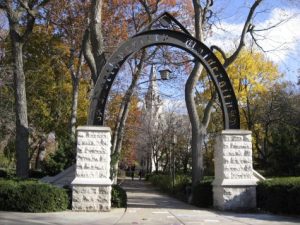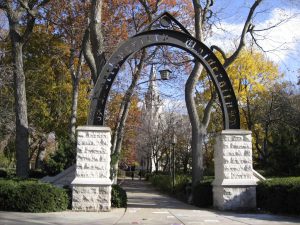End Legacy Admissions
April 21, 2023
As you scroll to the Personal Information section on your college application, you’re asked to fill in your family’s academic history including where your parents and grandparents went to college.
This is where legacy admissions come into play. According to an article by the Washington Post, 36% of Harvard’s Class of 2022 have a relative that previously attended the university. And according to that same article, 70% of Harvard’s legacy applicants are white. Favoring mostly white families, legacy applicants have an increased likelihood of being accepted, particularly to elite universities.
This overwhelming statistic is no coincidence. Communities of color have faced socioeconomic challenges for generations that impact their ability to attend élite universities.
It is understandable that parents may choose to attend top universities in hopes of supporting their children and even increasing their chances of following in their footsteps. However, these odds do not rest on one family’s connection to any given university, but instead, reflect a system in which certain groups are far less likely to have that connection. One of the motivating factors for universities to favor legacy applicants is the expectation that in return, those families will continue to support the school through donations. In reality, donations from legacy admissions do not have a significant effect on university endowments.
With little financial benefit for universities, legacy admissions serve one main purpose: continuing the cycle of racial and socioeconomic disparity that plagues college admissions. Ending legacy admissions will bring us one step closer to balancing these inequities.











